Why Japanese Food Is Healthier: 5 Surprising Reasons Including Water-Based Cooking
Discover why Japanese cuisine is considered one of the healthiest in the world. From water-based cooking to fermented foods, here are 5 surprising reasons.
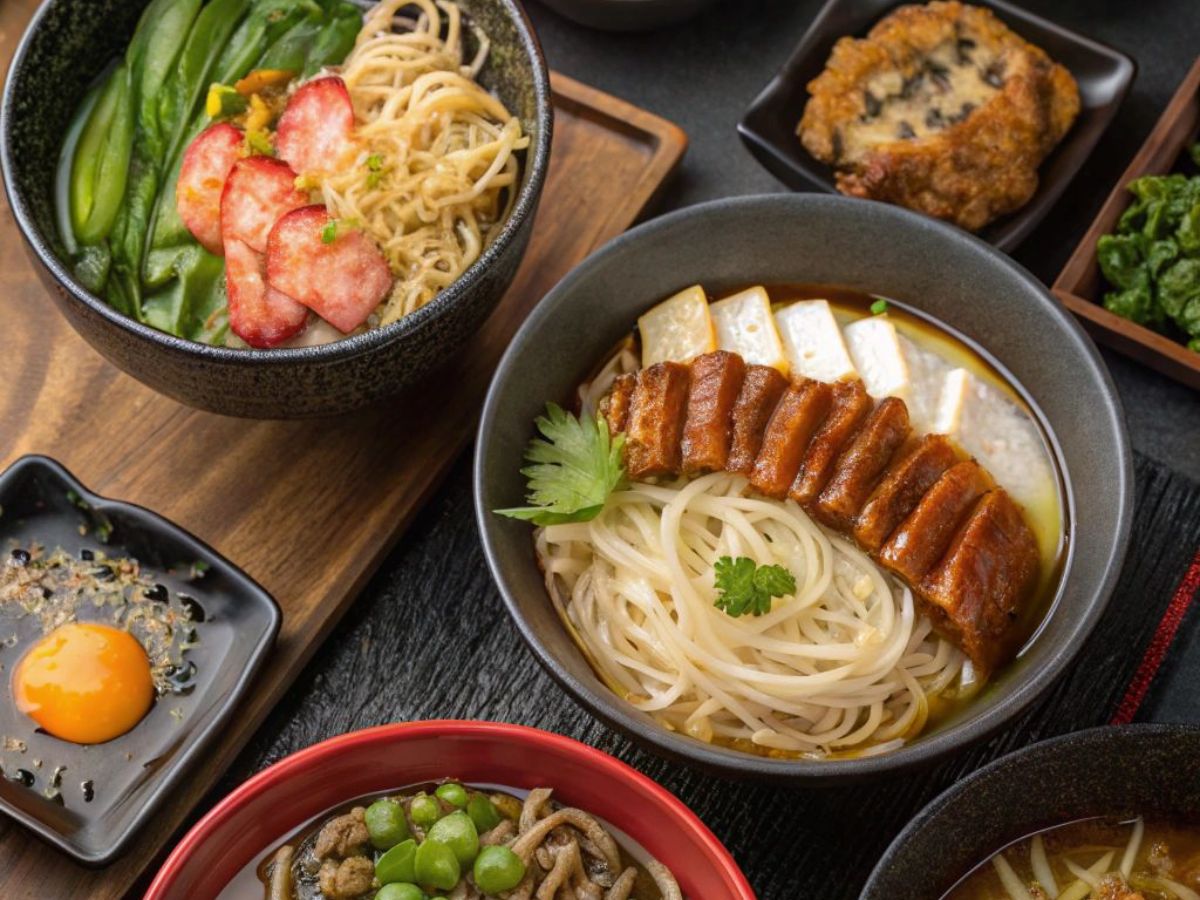
Cooking with Water, Not Oil
Japanese cuisine does not fry as many foods as other cultures. Instead, they are simmering, steaming, or boiling. Use of boiling or simmering means a meal that is lighter and has less fat along with making it easier to digest.
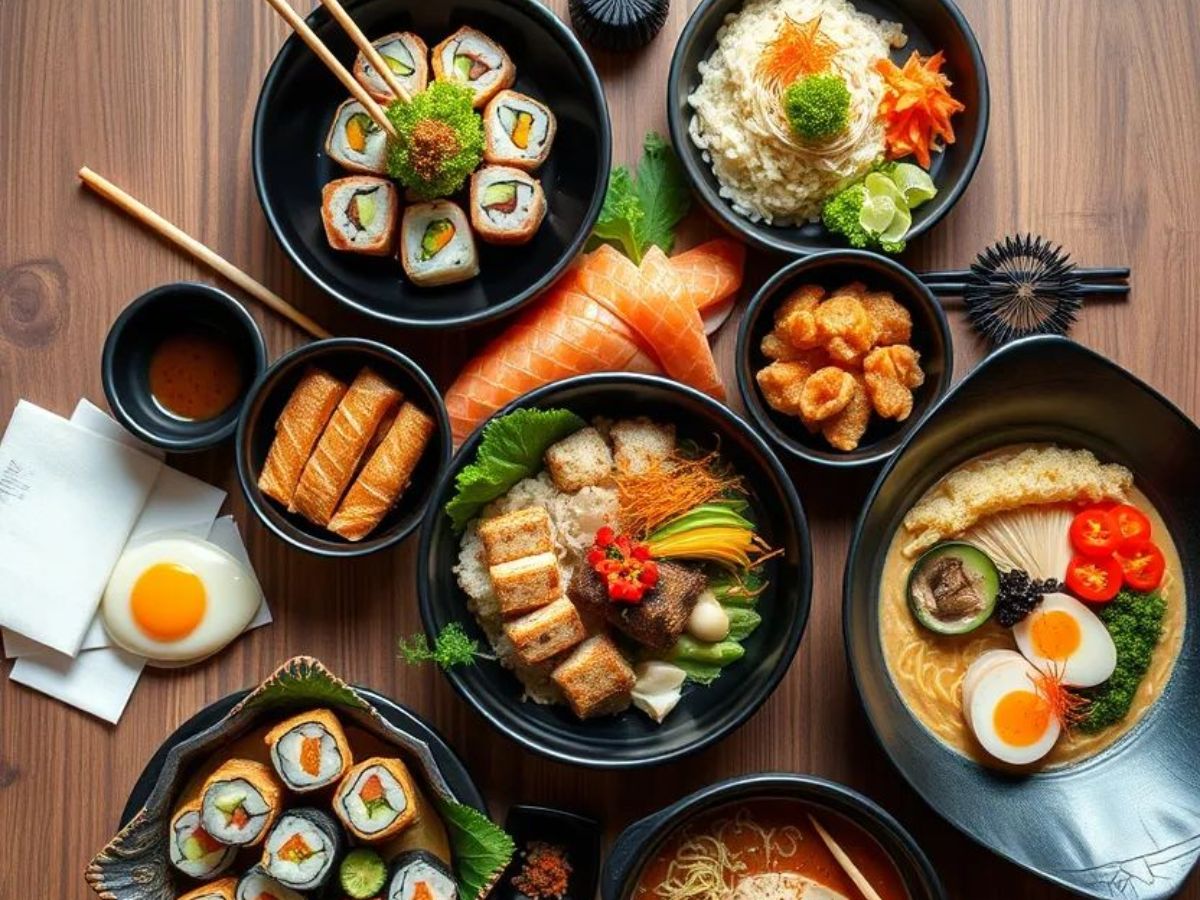
Minimal or No Processed Ingredients
Japanese food consists of predominantly fresh or seasonal ingredients without much processing and, therefore, the retention of nutrients, and without hidden sugars, preservatives, additives, and excess salt.
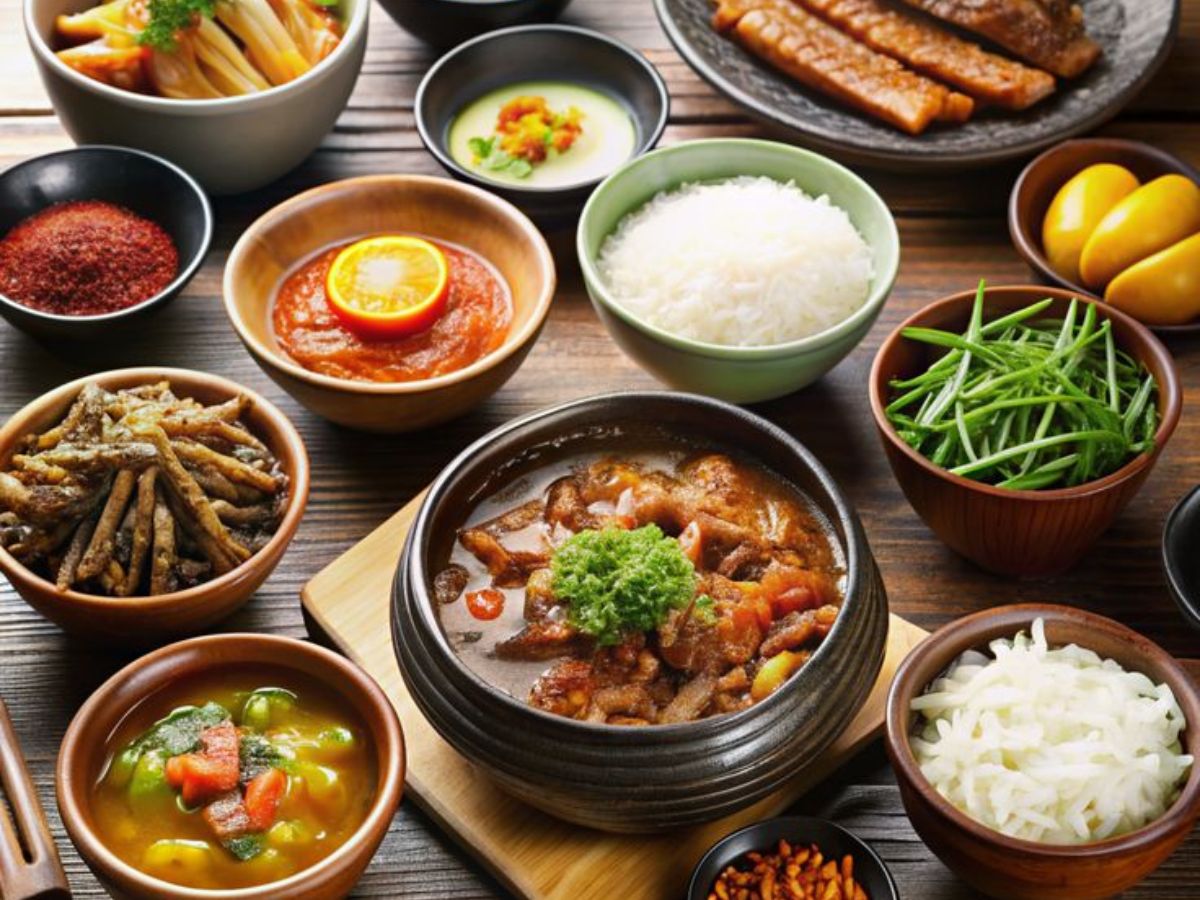
Smaller Portions, Mindful Eating
Japanese customs seldom have people overeating as they have portion control which reduces the chance of over eating and makes you take longer to eat. This means that you are training to eat proper amounts Long-term and sustainably managing how you eat.
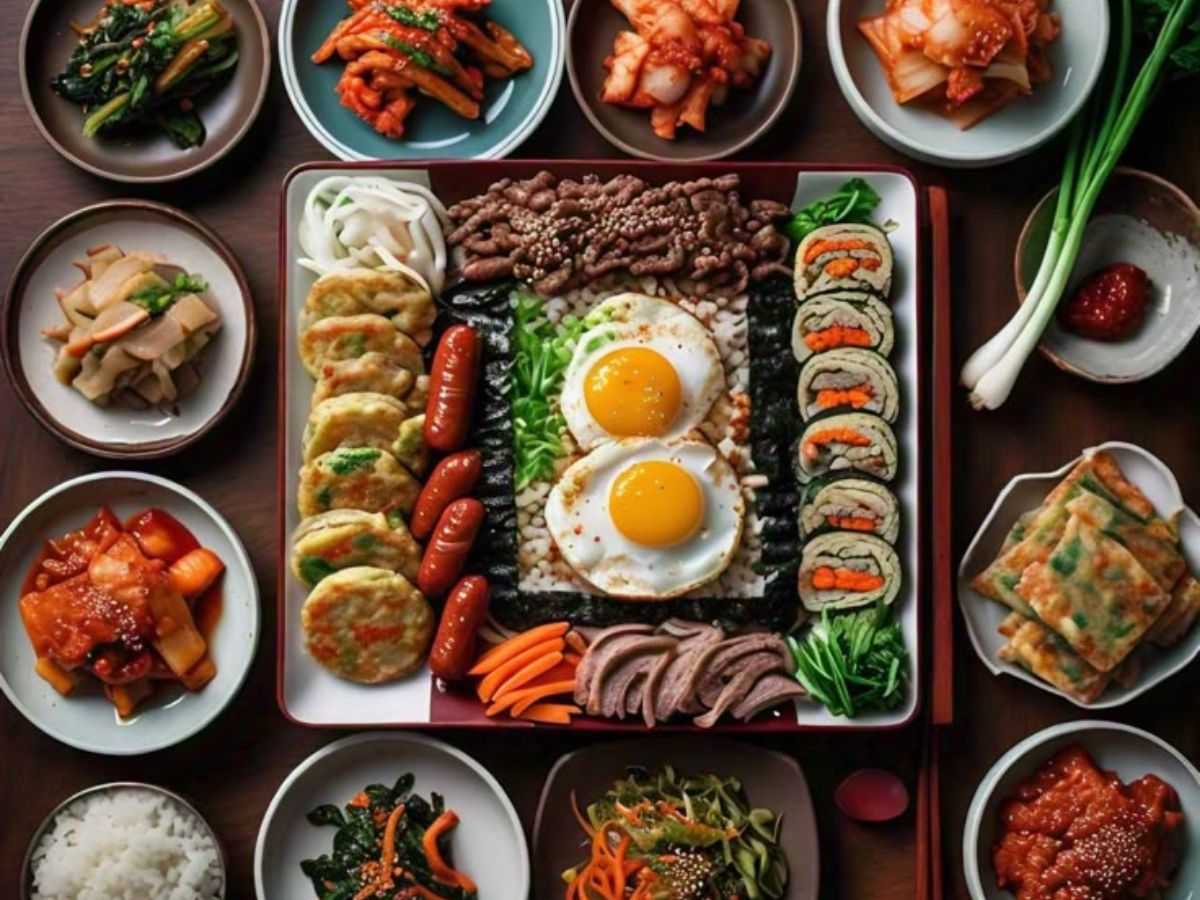
Fermented Foods for Gut Health
The food items such as miso, natto, kimchi, and many pickled vegetables have gut health, probiotics which will help with immunity and gut health and are generally found in nearly every meal.
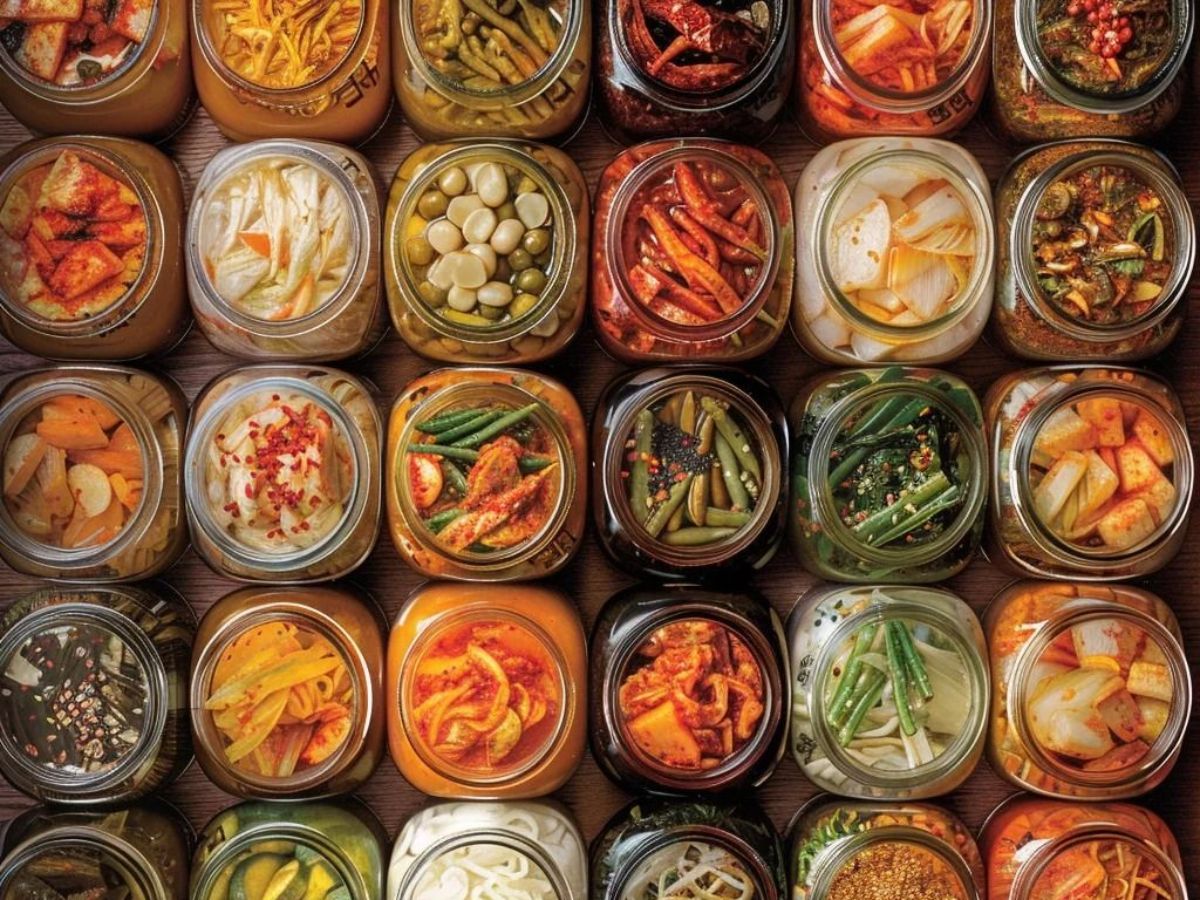
Balanced, Nutrient-Dense Meals
Many Japanese meals are balanced meals with rice, vegetables, protein, and soup. By combining multi-food meals, you cannot shortchange the body on nutrients.
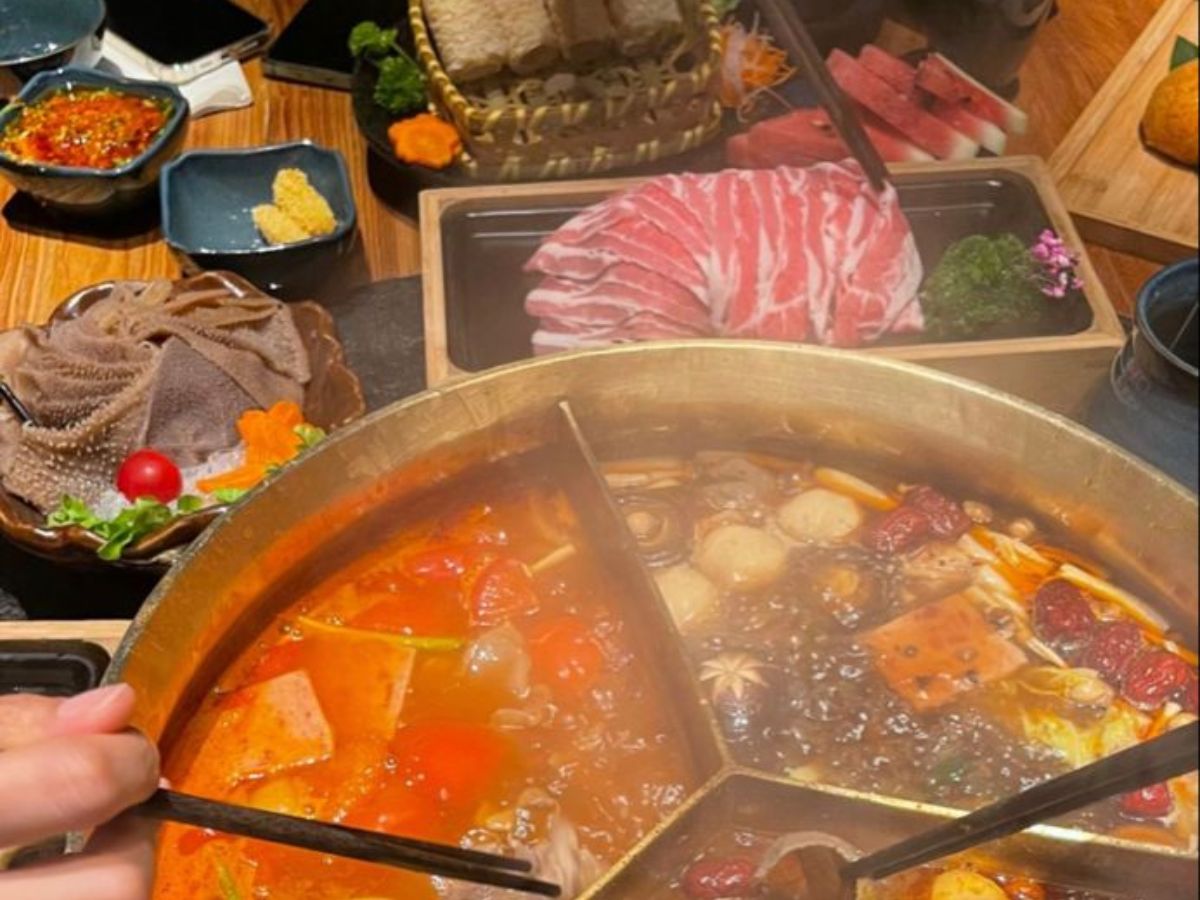
Tea, Not Sweetened Beverages
Tea and especially green tea are the beverage of choice as it has no sugar, is packed with anti-oxidants and is also much healthier than soda or sweetened beverages that are often consumed in many other cultures.

Disclaimer
This photo gallery is for informational purposes only and should not be considered a substitute for professional medical or dietary advice. Always consult a healthcare provider for personalized guidance.





